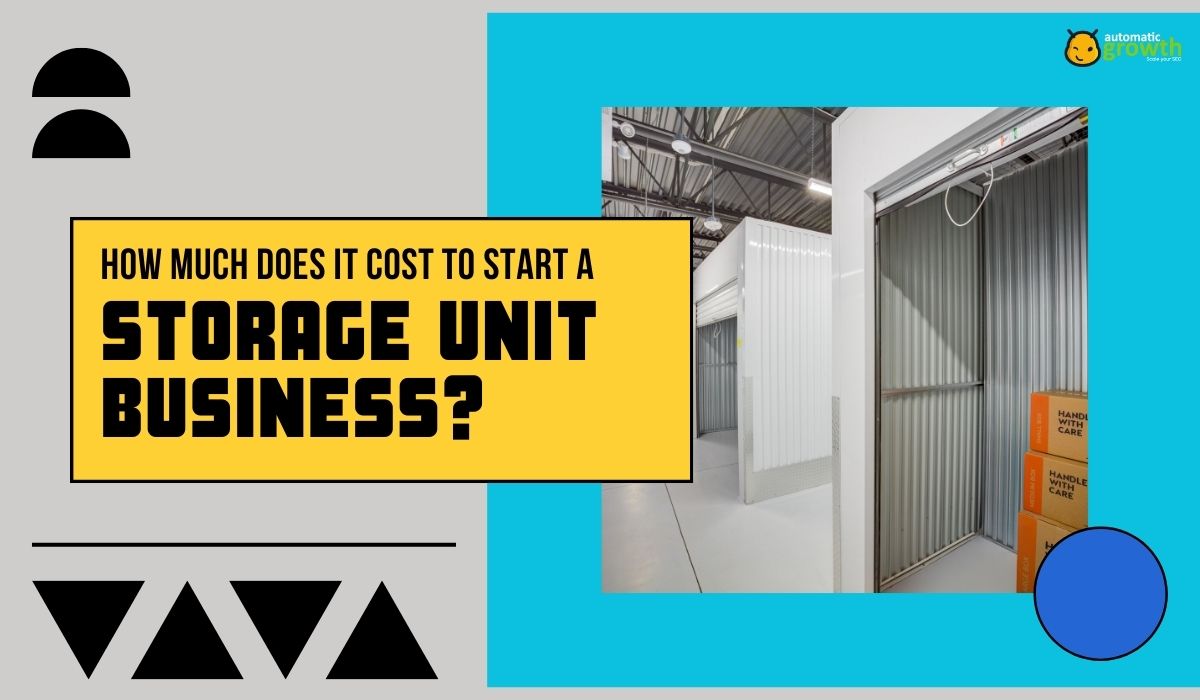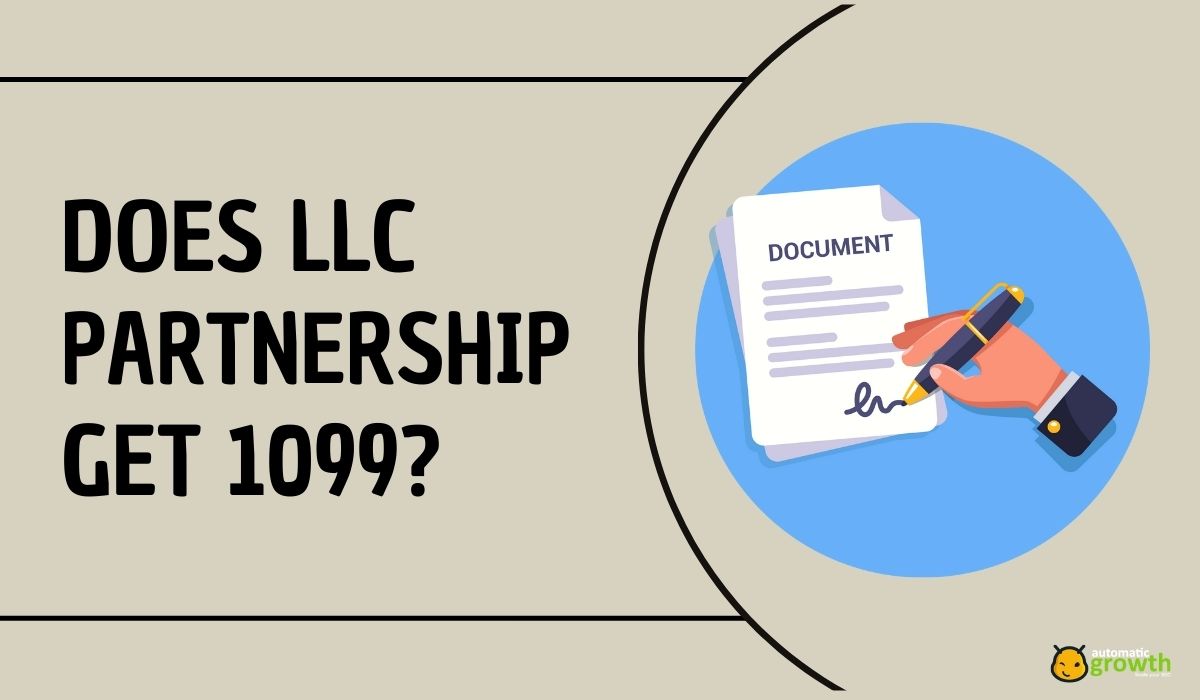In an era where minimalism meets the reality of accumulated belongings, the storage unit business emerges as a lucrative venture for many entrepreneurs. Have you ever considered starting your own storage unit business? It can be a lucrative venture, but how much does it cost to start a storage unit business? Starting any business requires careful financial planning, and the storage unit industry is no exception.
Starting a storage unit business requires a significant investment of both time and money. From acquiring land to understanding the intricacies of security measures, let's delve into the financial aspects of launching a successful storage facility venture. In this article, we will explore the key expenses involved in starting a storage unit business and provide insights to help you make an informed decision.
Average Cost of Starting a Storage Unit Business
With over 50,000 facilities in the U.S. and counting, a storage unit business can be a lucrative investment. Individuals and businesses are continually drawn to the convenience of tailoring storage space to their needs at reasonable prices. One question prospective owners ask is: How much does it cost to start a storage unit business?
Launching a storage unit business typically requires an investment averaging around $2 million. While the lower end of the startup spectrum is around $1.4 million, costs can escalate to nearly $2.4 million, largely influenced by location and associated factors.
A significant portion of these expenses arises from land acquisition and construction. Additionally, securing the necessary permits and licenses is crucial to operate the business legally.
Breaking Down the Startup Costs of a Storage Unit Business
Starting a storage unit business can be a lucrative venture with the increasing demand for storage solutions. However, it's important to be aware of the start-up costs involved in setting up and running this type of business. Let's take a closer look at some of the key expenses you'll encounter when starting a storage unit business.
1. Construction Costs
One of the major start-up costs for a storage unit business is the construction of the storage facility itself. This includes the cost of purchasing or leasing land, as well as the expenses associated with building storage units. Construction costs can vary depending on factors such as the size of the facility, the quality of materials used, and the location.
2. Land Cost & Property Taxes
Acquiring land for your storage unit business can be a significant expense. The cost of land will depend on various factors such as location, accessibility, and demand. Additionally, you'll need to factor in property taxes, which can vary depending on the area and the value of the land and facility.
3. Development Costs
Apart from the construction of storage units, you'll also need to consider other development costs. This may include expenses such as site preparation, landscaping, paving, signage, security systems, and lighting. It's important to create a comfortable and secure environment for your customers, and these costs need to be factored into your initial investment.
4. Equipment/Inventory
To start a storage unit business, you'll need to invest in certain equipment and inventory. This may include items like security cameras, access control systems, office furniture, and computer systems for managing customer accounts. Additionally, you'll need to purchase or lease the storage units themselves. Considering the number of units required, this can be a significant expense.
5. Insurance and Business License
When opening a storage unit facility, safeguarding your investment and ensuring you're protected against potential liabilities is of utmost importance. The main types of insurance to consider are property insurance and liability insurance. Operating a storage unit business requires a business license. This is a permit issued by governmental agencies that allows individuals or companies to conduct business within the government's geographical jurisdiction.
Operating Expenses of a Storage Unit Business
Understanding the nuances of the storage unit business is crucial to ensuring its profitability. A significant portion of its success revolves around keeping a close eye on operating expenses and maximizing rental and occupancy rates. Here's a closer look:
Operating Costs
-
Utilities: This includes electricity (especially if you offer climate-controlled units), water, and sewage. Some facilities also include WiFi as an added perk for their customers.
-
Security: Surveillance cameras, security personnel, alarm systems, and secure gating are common expenses, ensuring that clients' belongings are safe.
-
Maintenance: Regular cleaning, pest control, repairs, and landscaping are essential to maintain the facility's appearance and functionality.
-
Insurance: Business insurance will cover potential damages or thefts, and it's crucial to have comprehensive coverage specific to the storage industry.
-
Marketing and Advertising: To keep units occupied, ongoing marketing efforts like online advertising, local promotions, or even billboards may be required.
-
Salaries: If you hire staff to manage, maintain, or secure the facility, you'll need to factor in their salaries, benefits, and training costs.
-
Technology Costs: Software for managing unit rentals, client databases, and payment processing can add to the monthly operating costs.
Rental Rates & Occupancy Rates
-
Rental Rates: The price you charge for each unit will depend on its size, whether it's climate-controlled, its location within the facility, and prevailing market rates. Regularly researching competitors' rates can help you remain competitive.
-
Occupancy Rates: High occupancy rates indicate a profitable facility. It's the ratio of rented units to the total units available. A rate of 90% or higher is generally considered good, but this can vary depending on the region and specific market conditions.
-
Promotions and Discounts: Offering promotions during off-peak seasons or for long-term contracts can increase occupancy rates. However, these must be calculated to ensure they don't negatively impact overall profitability.
-
Demand Analysis: Keeping an eye on local demand is crucial. For instance, if there's a surge in housing moves in the area, there might be an increased need for storage units.
In essence, operating a storage unit business requires meticulous financial planning, market research, and customer service focus. Monitoring these operational metrics and adjusting strategies accordingly can help maximize profitability.
Understanding the Business Model of Storage Unit
Storage units have become increasingly popular in recent years as more and more people find themselves in need of extra space to store their belongings. But have you ever wondered how storage unit businesses actually operate? Let's take a closer look at the business model of storage units to help you maximize your profits.
-
Rental Fees: The primary source of revenue for storage unit businesses is the rental fees charged to customers. These fees vary depending on the size of the unit and the location of the facility. The rates may also fluctuate based on demand and location-specific factors such as the cost of land and competition.
-
Additional Services: Many storage unit businesses offer additional services such as climate control, 24/7 access, security systems, and insurance options. These services come at an extra cost and can provide customers with added convenience and peace of mind.
-
Late Fees and Auctions: If customers fail to pay their rent on time, storage unit businesses may impose late fees. In extreme cases, if a customer continues to default on payments, the facility may hold an auction to sell off the contents of the unit to recoup the unpaid rent.
Frequently Asked Questions
1. How much does it cost to start a storage unit business?
On average, starting a storage unit business can cost around $1.4 million to $2.4 million, with most of the expenses going toward construction and land acquisition.
2. What are the major cost components for this business?
The primary costs are land acquisition, construction, security systems, permits and licenses, initial marketing, and operational setup.
3. Are there ongoing operational costs I should be aware of?
Yes, there are ongoing expenses like maintenance, utilities, security, insurance, property taxes, and marketing. The costs can vary based on the facility's size and location.
4. How do rental rates impact the business's profitability?
Rental rates are a primary revenue source. Setting competitive rates—neither too high nor too low—is crucial to ensuring a steady occupancy rate and profitability.
5. Is the location crucial for a storage unit business?
Absolutely. A strategic location, preferably near residential or commercial hubs, can significantly boost occupancy rates and profitability.
Explore Profitable Ventures With Low Capital
Starting a storage unit business journey is a significant investment that promises potential profitability in a continuously growing market. The startup costs of $2 million encompass everything from land acquisition and construction to insurance and licensing. While the upfront expenses might seem daunting, it's imperative to remember that a well-managed storage facility can offer consistent revenue streams.
Ready to maximize profit without breaking the bank? Dive into our comprehensive guide and discover businesses with minimal startup costs and sky-high earning potential. Begin your entrepreneurial journey on the right foot!
















